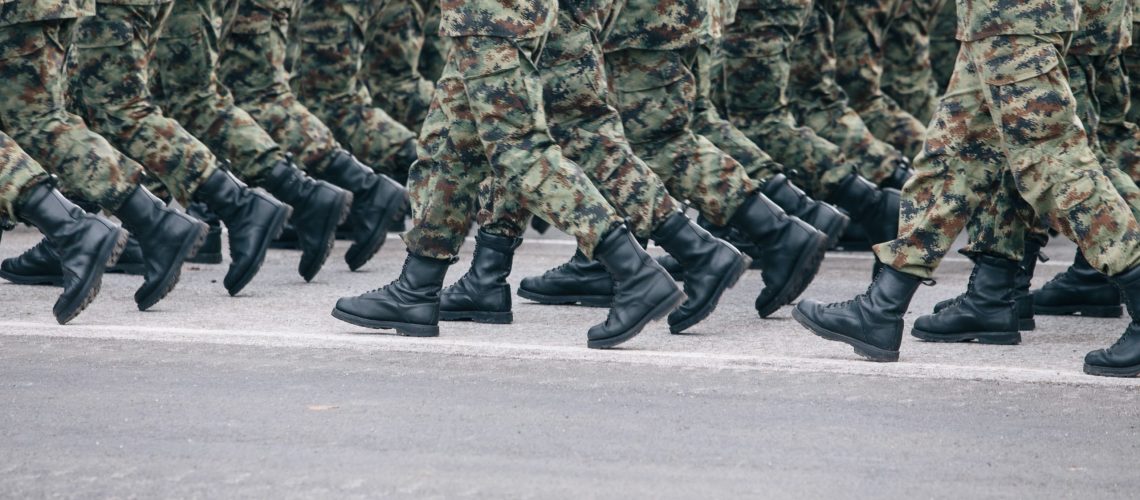We have the best funded military on the planet. In fact, the United States spends more on its military than the next ten largest military budgets combined! However, as a recent study by the nonpartisan Government Accountability Office (GAO) suggests, well-funded does not always translate to efficiently spent.
Military spending is at times a partisan issue, with budgetary flexibility often depending on who is in office. This is why it’s important for the military and government to ensure that the money allocated to our defense is being effectively spent.
Fiscal Year 2020 U.S. Defense Budget Study
With this in mind, the GAO study on the FY2020 US defense budget was conducted to provide insight for the Department of Defense to:
- accurately estimate its budgetary requirements and execute its appropriated funds
- determine resource requirements related to overseas contingency operations
- reduce improper payments
- sustain and refine department-wide reform efforts
After finishing its review, the GAO found that the Department of Defense has left billions of dollars unspent over the years. “DOD does not fully obligate the funds appropriated to it and can improve both its budgeting for and its use of the resources that are provided to it.
For example, GAO found that DOD has left billions of dollars in appropriated amounts unspent over the past 10 fiscal years.” In the terminology used by the report, the DOD does not “obligate” all of the funds given to it, which leaves money free but underutilized. Better forecasting annual expenditures would help the department from leaving money on the table and could arguably help reduce budget requests in the future.
Spending on Overseas Engagements
Overseas engagements make up a large part of the defense budget. So, when analyzing the costs of Overseas Contingency Operations, the study found a lack of clarity into how these operations impact future spending. “These costs could total tens of billions of dollars a year. However, few details exist as to what makes up these enduring costs or how they were derived, raising questions about how much should be included as future requirements.”
The study suggests more clarity would help both Congress and the Pentagon decide whether to allocate more money for future Overseas Contingency Operations into the base defense budget.
Pentagon Spending
A potential blackhole for any budget is waste.
Spending money unnecessarily can be inevitable when hundreds of billions of dollars are being spent. The two biggest sources of waste identified in this report are “improper payments.” This is money that was either paid that should not have been, or the payment was for an incorrect amount. “In its fiscal year 2020 agency financial report, DOD estimated that it paid about $11.4 billion in improper payments, or about 1.7 percent of all payments it made that year.”
The study concludes that while the Pentagon has taken effective corrective measures to reduce improper payments in some areas, there is still a general weakness in eliminating the root causes of improper payments in many instances.
Lastly, the study examined reform efforts led by the Pentagon to use its resources more efficiently. The GAO concluded that, “In recent years, DOD reported notable achievements from its most recent department-wide business reform efforts, including $37 billion in savings from fiscal years 2017 to 2021 as a result of these efforts.” However, the study highlighted the elimination of the Chief Management Officer position as a signal that long term reform may continue to be a challenge.
The GAO closed by saying the Pentagon should be providing “clear department-wide guidance on roles, responsibilities, authorities, and resources for business reform efforts” to facilitate lasting resource management reforms.
Image Credit: Photo by Filip Andrejevic on Unsplash


